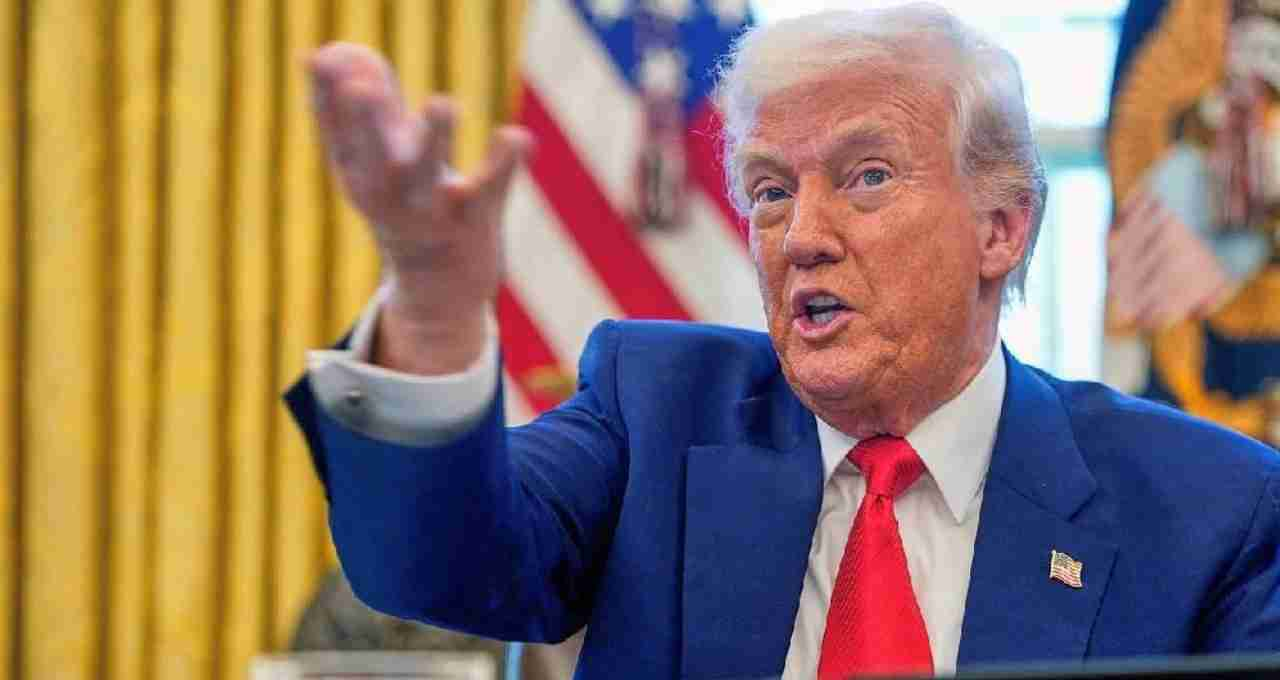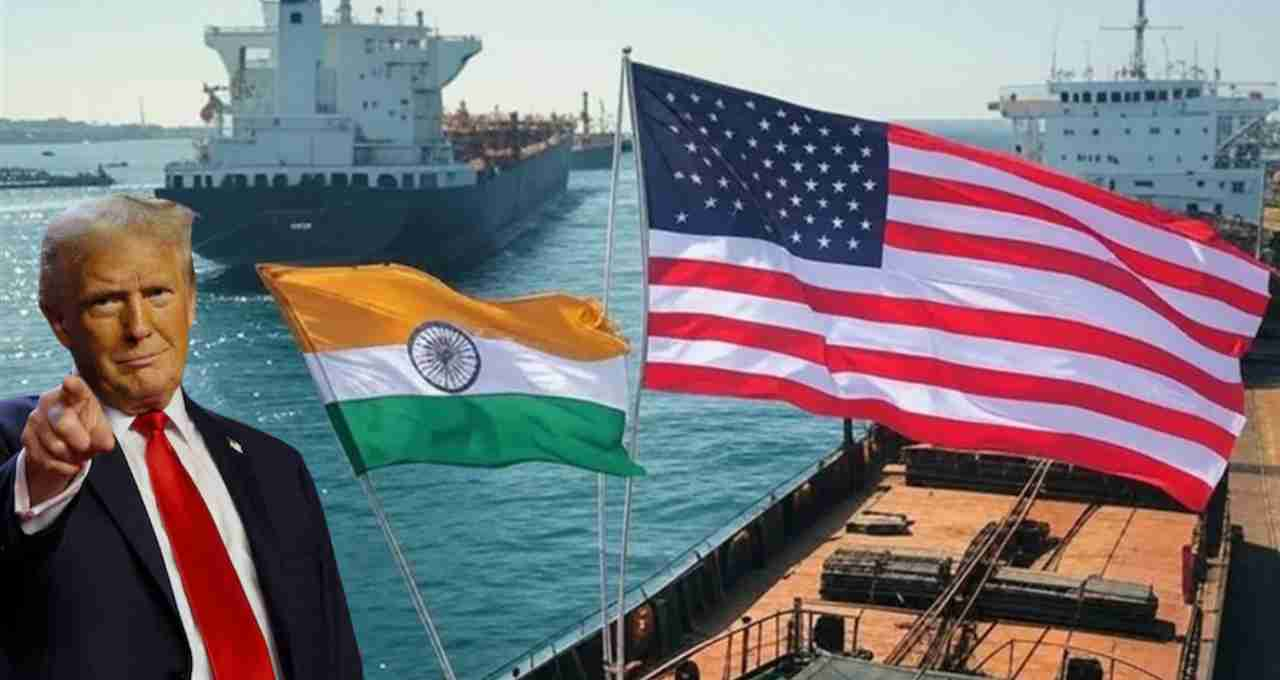American Court Declares Trump's 'Liberation Day' Tariffs Illegal; Rejects Trump's Arguments Linking Them to India-Pakistan Ceasefire; Tariff Decision Now Rests with Congress.
Tariff: Former US President Donald Trump has faced another major setback regarding his policies. A Manhattan federal court has halted the 'Liberation Day' tariffs, declaring them illegal. The court explicitly stated that the power to impose tariffs rests solely with the US Congress, not the President. This court ruling delivers a significant blow to the Trump administration's arguments, which linked the tariffs to several issues, including the India-Pakistan ceasefire and global trade.
What were the 'Liberation Day' Tariffs?
On April 2nd, the Trump administration announced the imposition of a 10% basic tariff on most of America's trading partners. The aim was to bolster American manufacturing capacity and reduce the trade deficit with several countries, including China. Trump framed these tariffs as part of his 'America First' agenda. However, this led to significant fluctuations in American markets and negatively impacted small businesses.

Trump Administration's Arguments in Court and the Mention of the India-Pakistan Ceasefire
In court, the Trump administration raised several arguments. They claimed that using tariff powers, the US attempted to mitigate trade imbalances with China. They also argued that the recently achieved ceasefire between India and Pakistan was partly a result of US tariff policies. The Trump administration asserted that imposing tariffs yielded several strategic global advantages, including diplomatic achievements like the India-Pakistan ceasefire.
Court Rejects Trump's Arguments
However, the court completely rejected these arguments. A three-judge panel ruled that under the US Constitution, the power to regulate trade with foreign nations and impose tariffs lies solely with Congress, not the President. The court also stated that the International Emergency Economic Powers Act (IEEPA) cited by the Trump administration did not grant them unlimited authority. The President can only exercise limited powers in extraordinary emergencies, and no such valid emergency existed in Trump's case.
Court's Ruling

The judges clearly stated in their ruling that the President's claim to impose tariffs indefinitely and across the board exceeded the powers granted to him by law. The tariffs imposed by Trump are illegal and lack any legal basis. The court also clarified that this matter falls under the jurisdiction of Congress, not the President.
The Trump administration argued that in 1971, then-President Richard Nixon also imposed tariffs under a state of emergency, which the court approved. They contended that determining the validity of an emergency is the prerogative of Congress, not the court. However, the court rejected this argument as well, stating that there was no evidence of a valid emergency in Trump's case.
Who Challenged Trump's Decision?
Two major petitions challenged Trump's decision. One was filed by a group of small businesses, while the other was filed by 12 Democratic attorneys general. They argued that the IEEPA invoked by Trump did not grant him the authority to impose tariffs globally and simultaneously. Petitioners stated that America's trade deficit has existed for decades without constituting an emergency.











